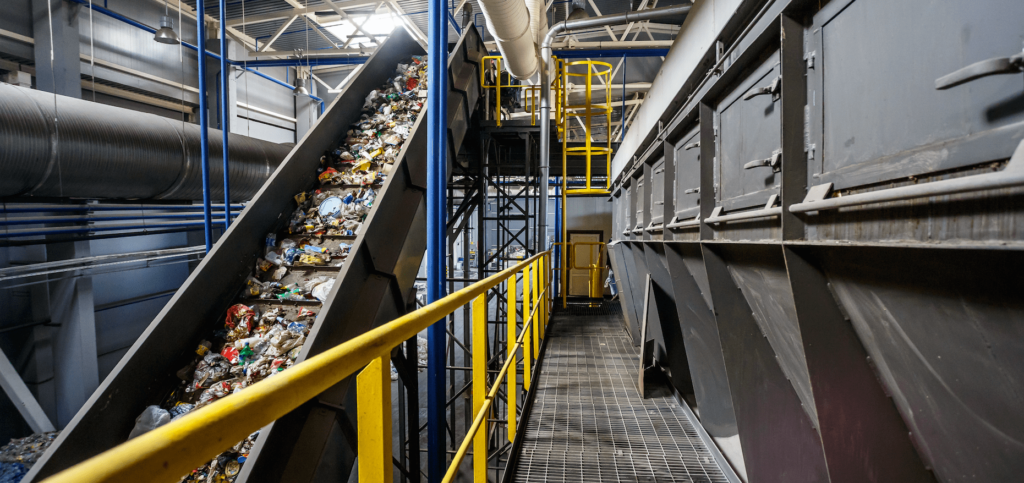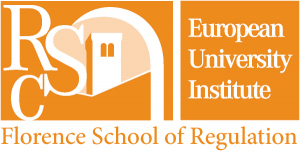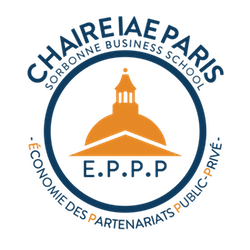July 1st, 2020: Municipal Waste Regulation in Europe: paving the road to address upcoming challenges

With an annual turnover of €184 billion and close to 1 million employees in Europe, municipal waste is a fast growing and key sector for the transition towards a circular economy. Nevertheless, with at least €31 billion investments required over the next 15 years to reach full compliance with EU municipal waste targets full compliance with EU municipal waste targets, the sector is facing huge challenges exacerbated by long-lasting structural issues, such as a fragmented, small-sized and mostly local market, unlikely to sustainably generate enough financial resources to fund investment needs. In this context, economic regulation of municipal waste services will have a crucial role to play to oversee municipal waste tariffs and quality while strengthening the economic sustainability of waste services, promoting EU legislation compliance and protecting consumers’ rights.
Taking stock of this new and challenging context, the Florence School of Regulation is enlarging the scope of its activities to include Municipal Waste Management and Circular Economy in its portfolio.
To contribute and ensure a high-level and independent debate and research on economically and socially sound regulation, it intends to gather a variety of stakeholders including regulators, operators, local authorities, the European Commission, academics and researchers, EU financial Institutions, etc.; to focus on key topics related to municipal waste regulation, including but not limited to:
- tariff setting and cost recovery,
- implementation of polluter-pays-principle and extended producer responsibility,
- economic instruments efficiency and effective incentives,
- governance gaps and challenges,
- service quality monitoring and evaluation.


